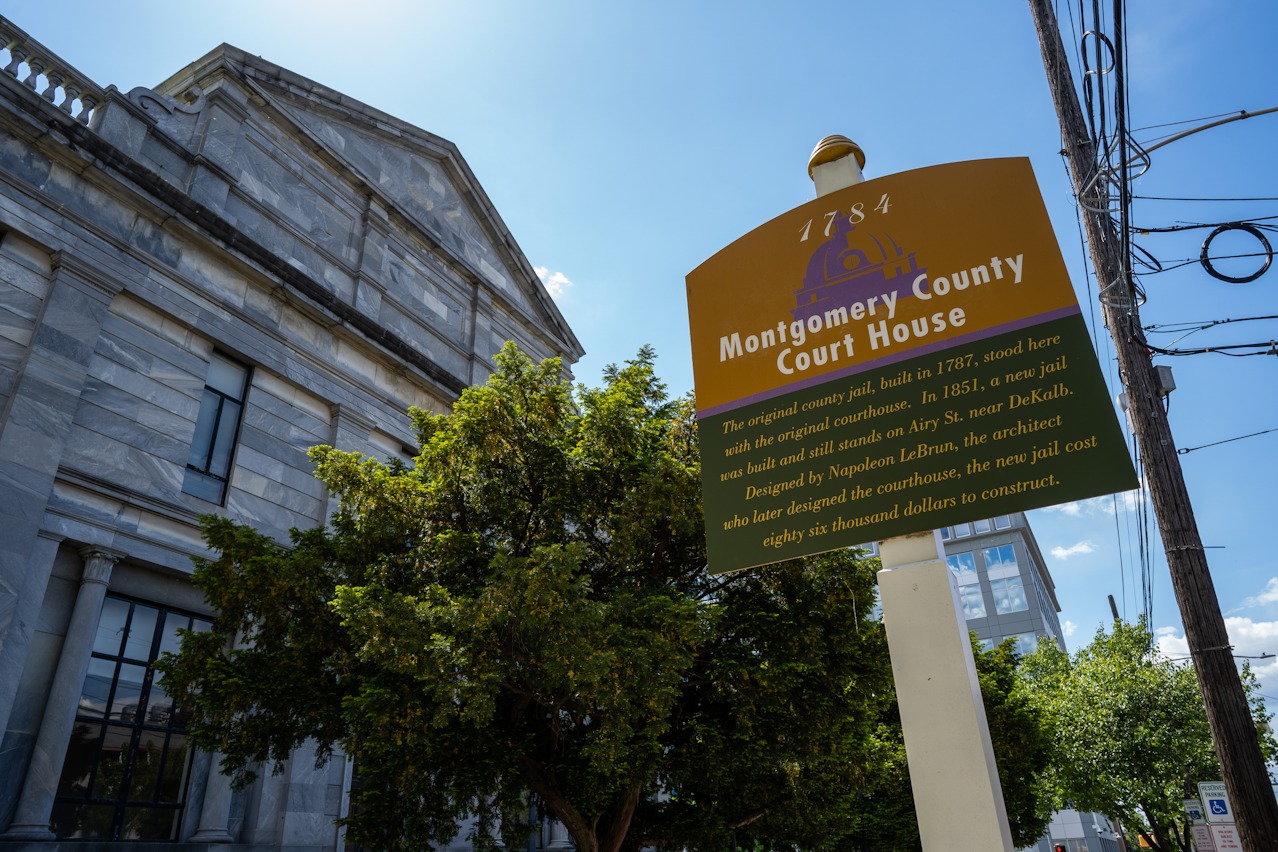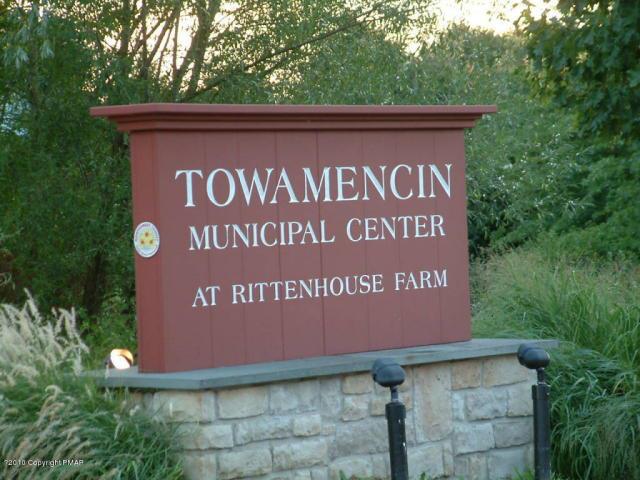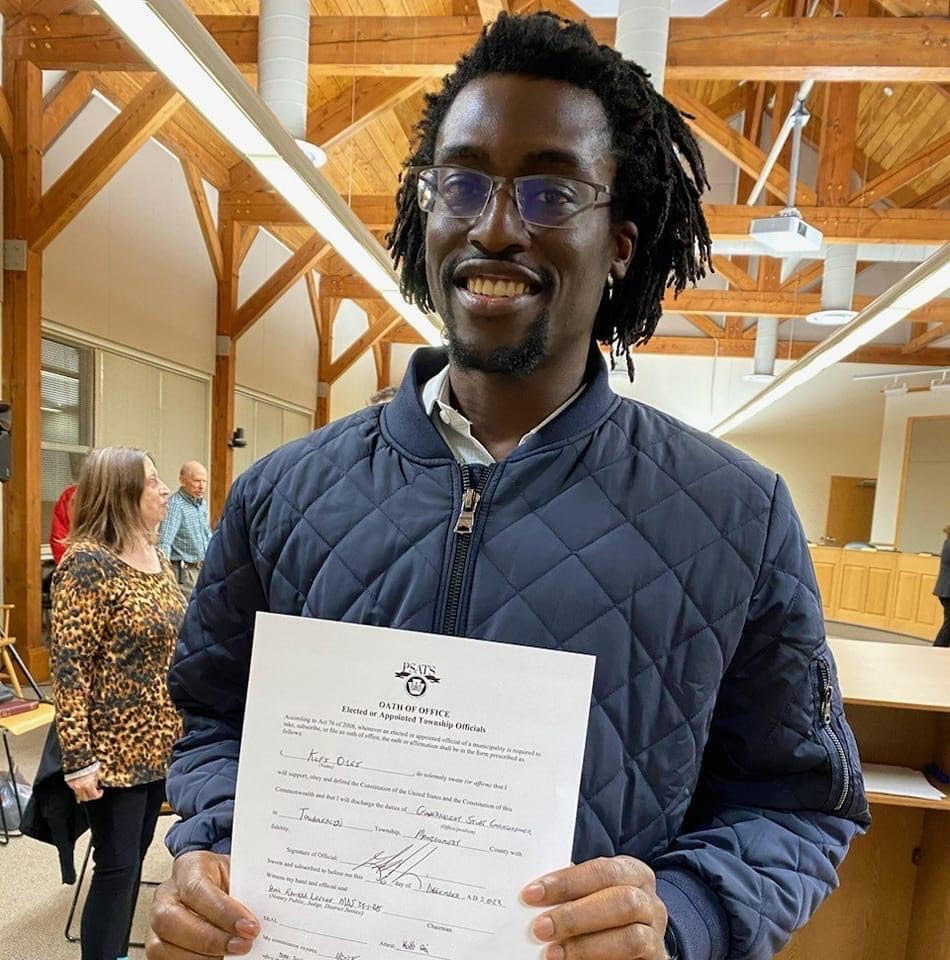(From a press release) The Montgomery County Coroner’s Office has confirmed the identity of skeletal remains discovered in Towamencin Township earlier this year. The remains have been identified as those of Isaias Hernandez-Geronimo, a 34-year-old male who had recently moved to the United States. On March 18, 2024, a surveyor working in a small, wooded area in […]




